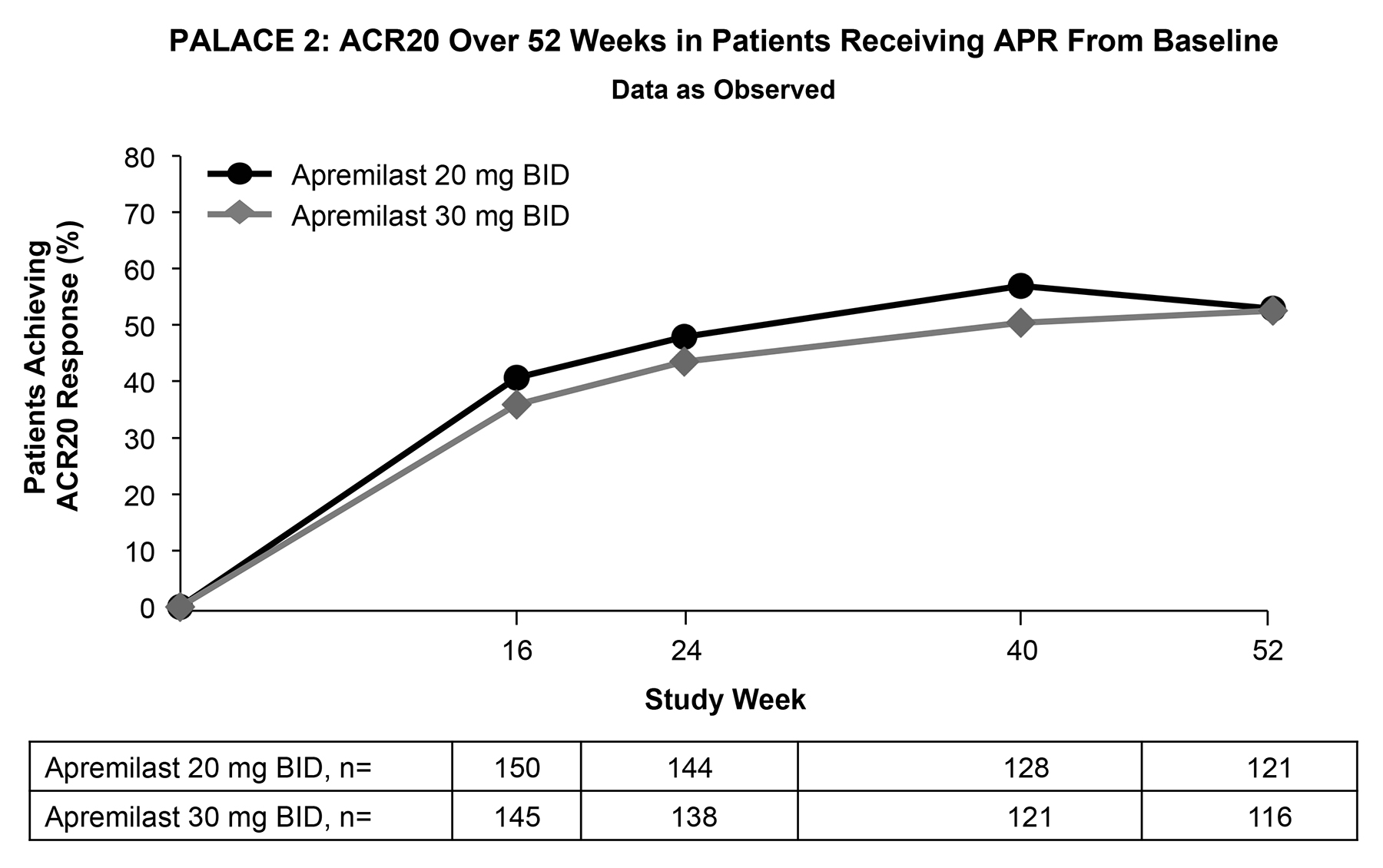Session Information
Session Type: Abstract Submissions (ACR)
Disclosure:
M. Cutolo,
BMS, Sanofi and Actelion,
2;
G. E. Myerson,
Abbvie, Actelion, Amgen, BMS (Bristol-Myers Squibb), Bioventus, GSK (Glaxo Smith Cline), Lilly, Pfizer, Primus, Roche (Genentech), Takeda, UCB,
5;
R. Fleischmann,
Celgene,
2,
Celgene,
5;
F. Lioté,
Celgene,
5;
F. Díaz-González,
Celgene,
2;
F. Van den Bosch,
AbbVie, Celgene, Merck, Pfizer, UCB, Janssen,
5;
H. Marzo-Ortega,
None;
E. Feist,
None;
K. Shah,
Celgene Corporation,
3;
C. Hu,
Celgene Corporation,
3;
R. M. Stevens,
Celgene Corporation,
3;
A. Poder,
Celgene,
2.
« Back to 2013 ACR/ARHP Annual Meeting
ACR Meeting Abstracts - https://acrabstracts.org/abstract/long-term-52-week-results-of-a-phase-3-randomized-controlled-trial-of-apremilast-an-oral-phosphodiesterase-4-inhibitor-in-patients-with-psoriatic-arthritis-palace-2/

